Black Studies Conference Examines Criminal Legal System, Unveils New Social Justice Art
UCSB's Center for Black Studies Research Is Hosting Range of Speakers to Close Out Black History Month
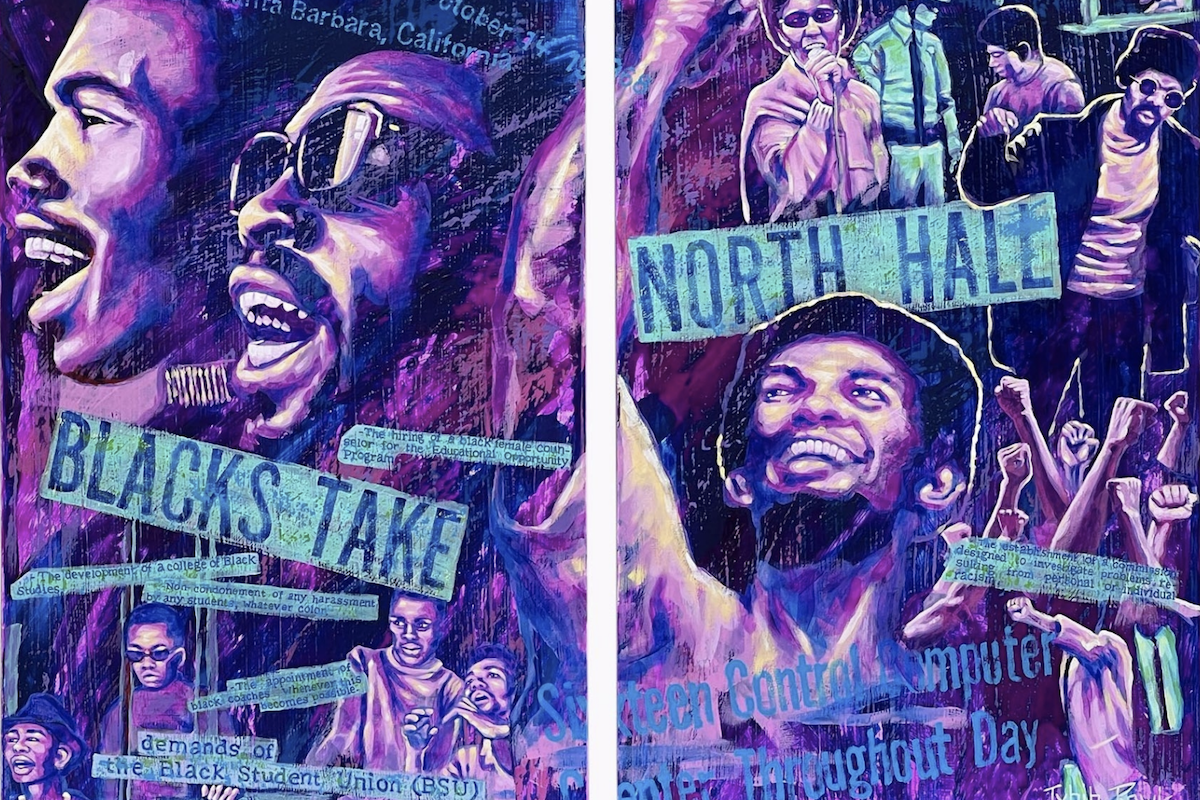
This article was originally published in UCSB’s ‘The Current‘.
Closing its Black History Month programming with a conference on campus, UC Santa Barbara’s Center for Black Studies Research (CBSR) is hosting a range of speakers to discuss the criminal legal system in the U.S., including an in-depth look at the Wesleyan University Center for Prison Education program that helps incarcerated individuals earn college degrees.
With topics from child welfare in the courts to anti-Black criminalization and the politics of immigration detention, “Ethnographic Portrait of the Criminal Legal System” will highlight systemic impacts on communities of color and foster dialogue on critical issues at the intersections of housing, education, healthcare, food insecurity and employment. A panel discussion on the Wesleyan program, which was founded in 2009, will feature a reunion between co-founder Molly Birmbaum, inaugural professors Charles Lemert and Waverly Duck, and former students Clyde Meikle and Terrance Stevenson.
The conference also represents a homecoming of sorts, said Duck, who serves as the CBSR associate director and is the North Hall Endowed Chair of Sociology at UCSB. Of the more than 20 scheduled speakers, many are UCSB alumni: Patrick Lopez-Aguado, now at Santa Clara University, will cover youth criminalization; San Francisco State University’s Melissa Guzman will discuss Latina women in the context of carceral control; and Andrea “Amy” Martinez, a UCSB sociology lecturer who also teaches at San Jose State University, will explore colonial ideology and its influence on contemporary perceptions of race, imprisonment and gang involvement. They will join more than half a dozen UCSB faculty members and other university professionals speaking at the conference.
Opening on Thursday, Feb. 29 with a reception from 5–6:30 p.m. at 4603 South Hall, CBSR Director Sharon Tettegah will give welcoming remarks followed by a keynote on social movements and justice reform by Andrea Boyles, president of the Association of Black Sociologists and a professor of Africana studies at Tulane University.

Social justice artist Tyhib Rawls will also unveil a new work that he has created for the Black Student Union (BSU). His two-paneled painting references iconic imagery from the North Hall Takeover on Oct. 14, 1968, when a dozen Black UCSB students barricaded themselves in North Hall to protest unequal treatment and racism.
Duck commissioned the piece and donated it to the BSU as “a gesture of my admiration for our students,” he said.
On March 1, the conference will run 9 a.m.–5 p.m. at the Loma Pelona Center, opening with remarks by Victor Rios and a keynote by Felice Blake on abolition, reimagining conventional justice and community safety paradigms. The panel discussion on the prison program will highlight its transformative impact on education within correctional settings.
“This conference pays tribute to the students of UCSB and their outstanding contributions to justice and fairness,” Duck said of the event, which is co-sponsored by the Office of Diversity, Equity, and Inclusion and the African diasporic Cultural Resource Center (AdCRC). “The Center for Black Studies Research is dedicated to showcasing empirical research that tackles critical issues affecting people globally. I am deeply appreciative of the significant work being undertaken by UCSB alumni, and it is my desire for our students to witness these scholars and the potential they represent.”
Premier Events
Sun, Apr 28
6:00 PM
Santa Barbara
AHA! Presents: Sing It Out!
Thu, May 02
5:00 PM
Santa Barbara
Things with Wings at Art & Soul
Sat, May 04
10:00 AM
Lompoc
RocketTown Comic Con 2024
Sat, Apr 27
11:00 AM
Santa Barbara
Santa Barbara Plant Fest
Sat, Apr 27
3:30 PM
Santa Barbara
Santa Barbara Trapeze Co and Unity Shoppe Spring Food Drive
Sat, Apr 27
8:00 PM
Santa Barbara
Beau James Wilding Band Live
Sun, Apr 28
11:00 AM
Santa Barbara
Santa Barbara Earth Day Festival 2024
Wed, May 01
7:30 PM
Santa Barbara
American Theatre Guild Presents “Come From Away”
Thu, May 02
5:00 PM
Santa Barbara
100th Birthday Tribute for James Galanos
Thu, May 02
5:00 PM
Santa Barbara
Meet the Creator of The Caregiver Oracle Deck
Fri, May 03
4:00 PM
Santa Barbara
Santa Barbara Fair+Expo “Double Thrill Double Fun”
Fri, May 03
8:00 PM
Santa barbara
Performance by Marca MP
Sat, May 04
10:00 AM
Solvang
Touch A Truck
Sun, Apr 28 6:00 PM
Santa Barbara
AHA! Presents: Sing It Out!
Thu, May 02 5:00 PM
Santa Barbara
Things with Wings at Art & Soul
Sat, May 04 10:00 AM
Lompoc
RocketTown Comic Con 2024
Sat, Apr 27 11:00 AM
Santa Barbara
Santa Barbara Plant Fest
Sat, Apr 27 3:30 PM
Santa Barbara
Santa Barbara Trapeze Co and Unity Shoppe Spring Food Drive
Sat, Apr 27 8:00 PM
Santa Barbara
Beau James Wilding Band Live
Sun, Apr 28 11:00 AM
Santa Barbara
Santa Barbara Earth Day Festival 2024
Wed, May 01 7:30 PM
Santa Barbara
American Theatre Guild Presents “Come From Away”
Thu, May 02 5:00 PM
Santa Barbara
100th Birthday Tribute for James Galanos
Thu, May 02 5:00 PM
Santa Barbara
Meet the Creator of The Caregiver Oracle Deck
Fri, May 03 4:00 PM
Santa Barbara
Santa Barbara Fair+Expo “Double Thrill Double Fun”
Fri, May 03 8:00 PM
Santa barbara
Performance by Marca MP
Sat, May 04 10:00 AM
Solvang

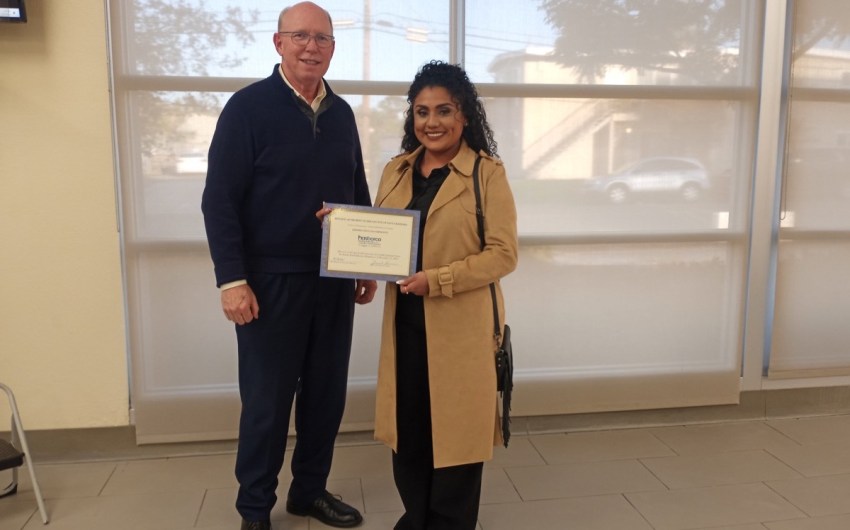
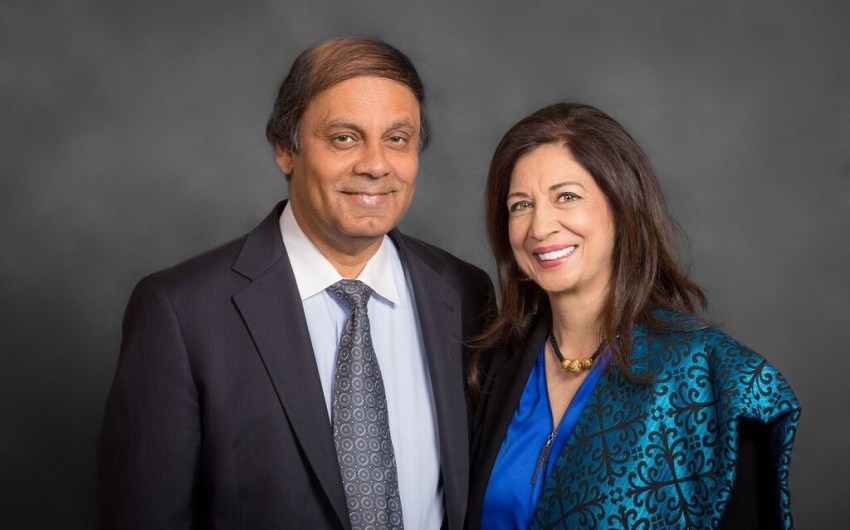
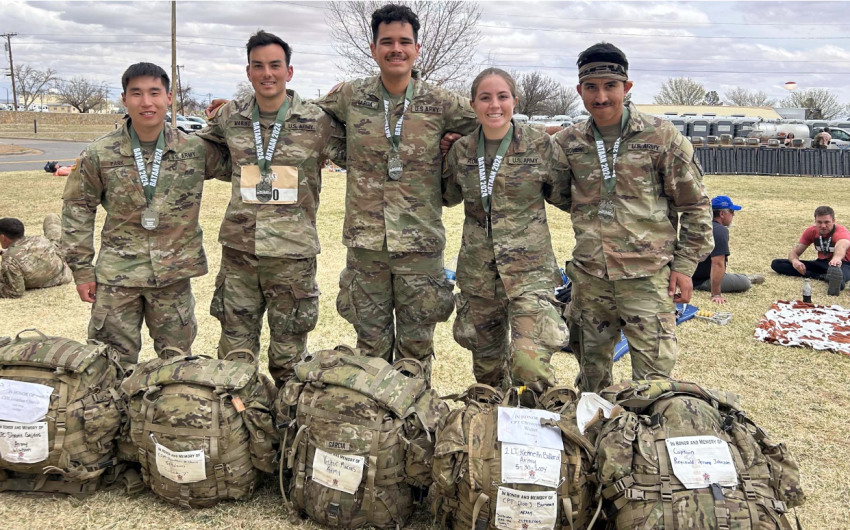
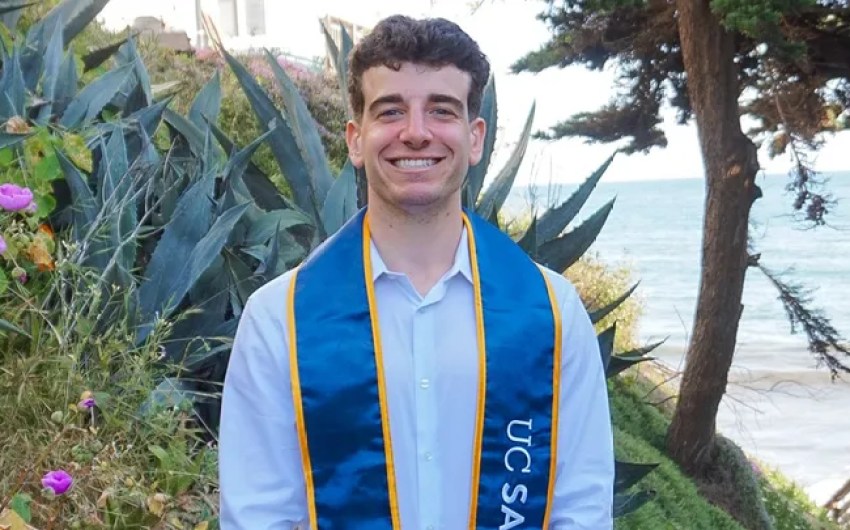

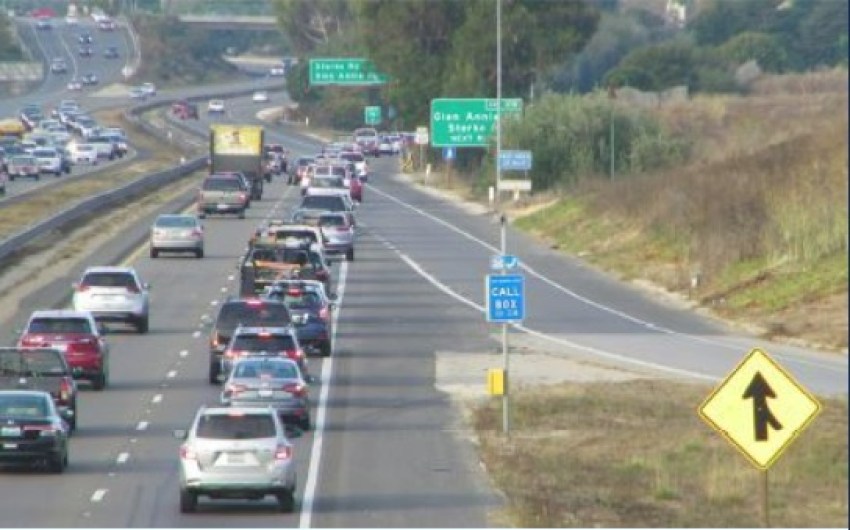


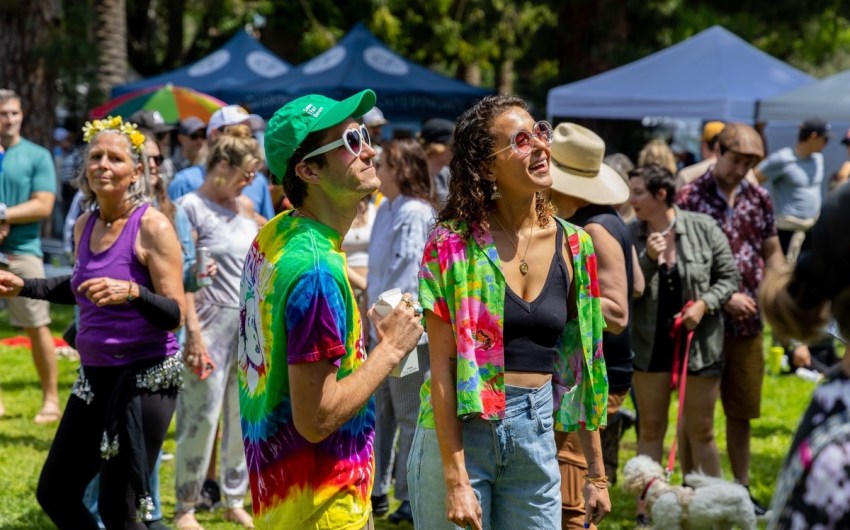
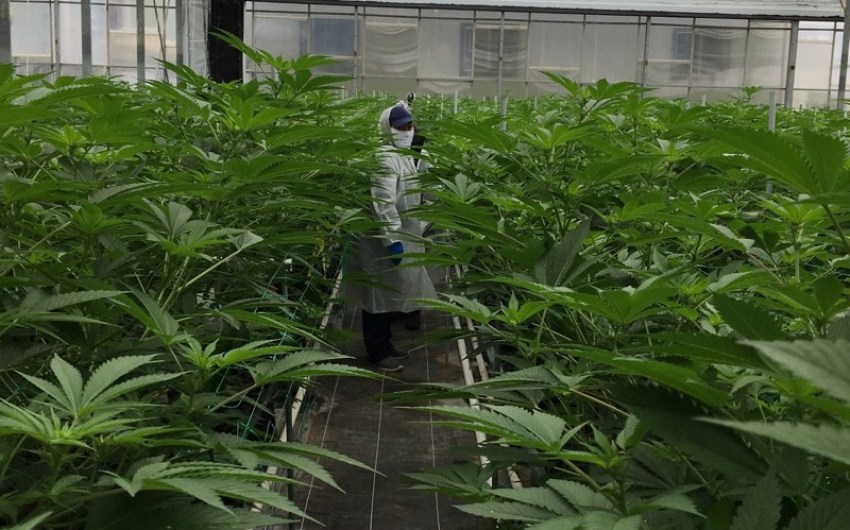
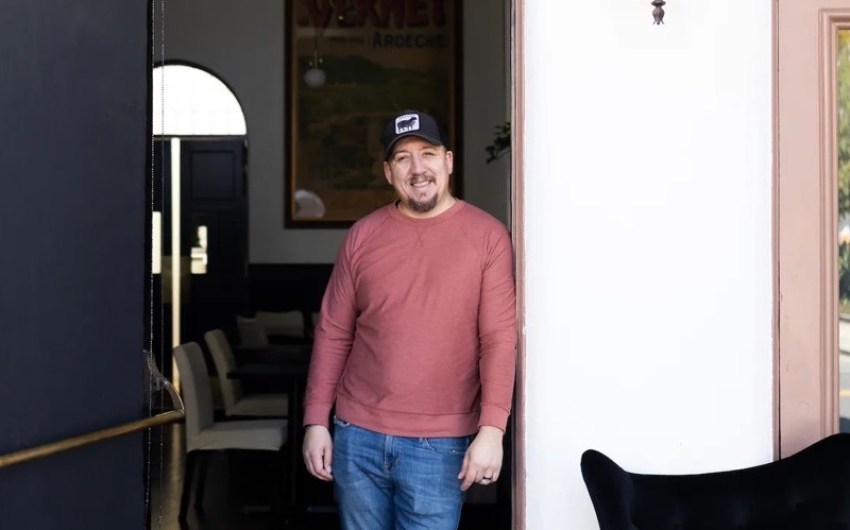
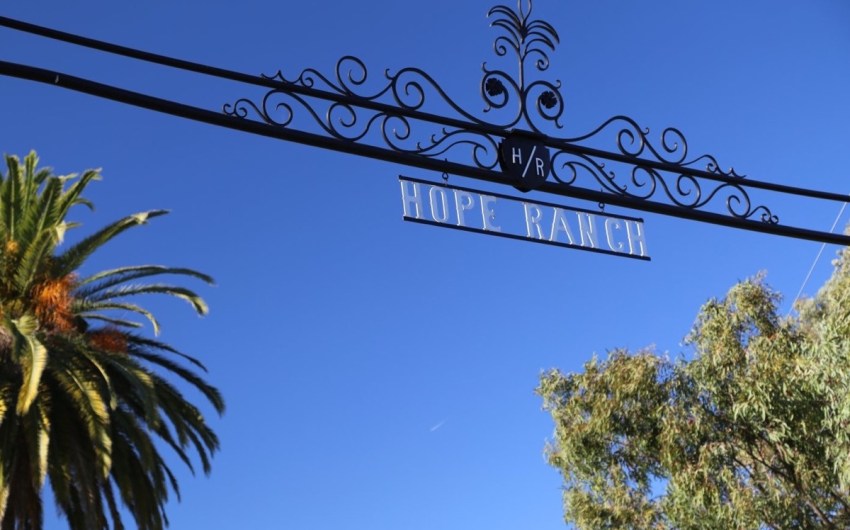
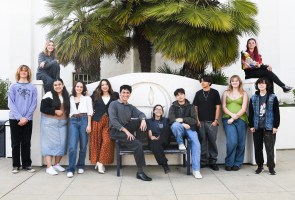
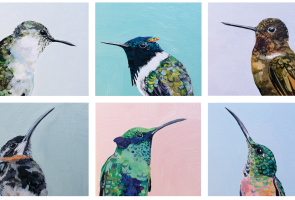





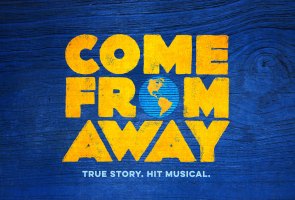
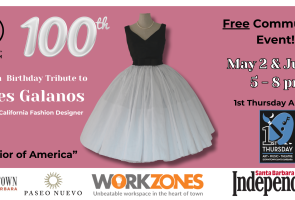


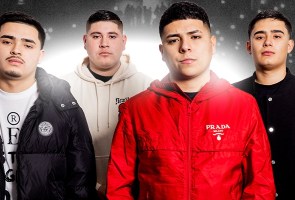

You must be logged in to post a comment.